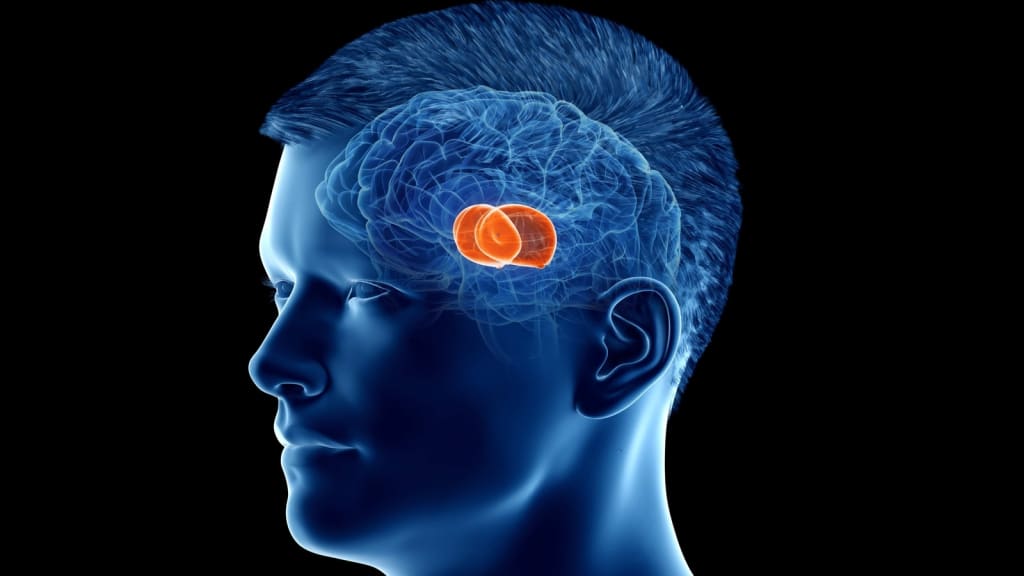
Meditation is a centuries-old practice that has gained immense popularity in recent times. It is an ancient technique that involves training the mind to achieve a state of relaxation and clarity. Although meditation has long been associated with spirituality and religious practices, modern research has uncovered numerous benefits of meditation that are backed by science. In this article, we will explore ten surprising benefits of meditation that have been supported by scientific evidence.
Reduces Stress and Anxiety:
Stress and anxiety are common mental health problems that affect millions of people worldwide. Meditation has been shown to reduce the levels of the stress hormone cortisol, which can alleviate symptoms of stress and anxiety. In fact, a study conducted by Harvard Medical School found that meditation can reduce anxiety by up to 39%.
Improves Sleep Quality:
Poor sleep quality is a common problem that can lead to a range of health issues. Meditation has been shown to improve sleep quality by reducing stress and promoting relaxation. A study conducted by the University of Southern California found that participants who practiced mindfulness meditation reported improved sleep quality and duration.
Boosts Immune System:
The immune system plays a crucial role in protecting the body against diseases and infections. Studies have shown that meditation can boost the immune system by increasing the production of antibodies and enhancing the activity of natural killer cells. In fact, a study conducted by the University of Wisconsin found that meditation can increase the activity of the left prefrontal cortex, which is associated with positive emotions and immune system function.
Increases Emotional Intelligence:
Emotional intelligence is the ability to understand and manage one's emotions and those of others. Meditation has been shown to increase emotional intelligence by improving self-awareness and empathy. A study conducted by the University of California found that participants who practiced meditation had higher levels of emotional intelligence compared to those who did not.
Enhances Cognitive Function:
Cognitive function refers to the mental processes involved in learning, memory, and problem-solving. Meditation has been shown to enhance cognitive function by improving attention span, working memory, and decision-making skills. A study conducted by the University of Kentucky found that participants who practiced meditation showed significant improvements in cognitive function compared to those who did not.
Improves Cardiovascular Health:
Cardiovascular disease is a leading cause of death worldwide. Meditation has been shown to improve cardiovascular health by reducing blood pressure, cholesterol levels, and inflammation. A study conducted by the National Institutes of Health found that meditation can reduce the risk of cardiovascular disease by up to 49%.
Reduces Chronic Pain:
Chronic pain is a debilitating condition that affects millions of people worldwide. Meditation has been shown to reduce chronic pain by altering the perception of pain and improving pain tolerance. A study conducted by the University of Manchester found that meditation can reduce chronic pain by up to 57%.
Increases Creativity:
Creativity is the ability to think outside the box and come up with innovative ideas. Meditation has been shown to increase creativity by promoting divergent thinking and enhancing the ability to generate new ideas. A study conducted by Leiden University found that participants who practiced meditation showed significant improvements in creativity compared to those who did not.
Improves Relationships:
Healthy relationships are essential for a fulfilling life. Meditation has been shown to improve relationships by reducing negative emotions, increasing empathy, and improving communication skills. A study conducted by the University of Wisconsin found that couples who practiced meditation had better relationships and were more satisfied with their partners.
Promotes Overall Well-being:
Overall well-being refers to a state of physical, mental, and emotional health. Meditation has been shown to promote overall well-being by reducing stress, improving sleep quality, and enhancing cognitive function. A study conducted by the University of California found that participants who practiced meditation reported higher levels of well-being compared to those who did not.
In





Comments
There are no comments for this story
Be the first to respond and start the conversation.